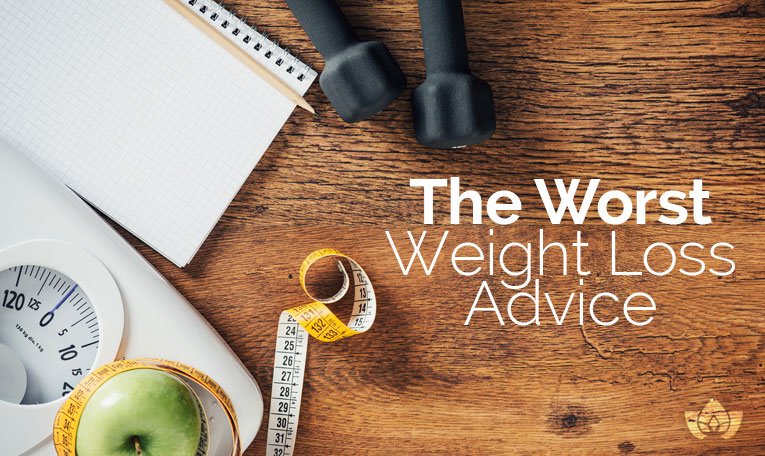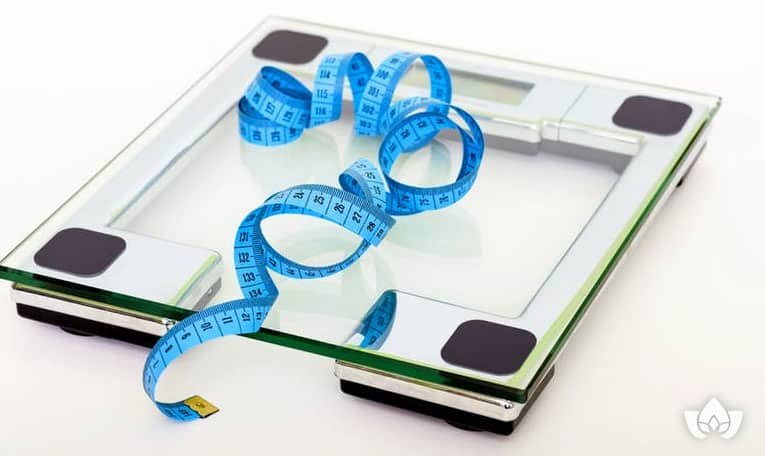
Navigating the world of weight loss advice can be quite frustrating.
Read enough articles, and your list of “allowed” foods will be reduced to lettuce and water.
Many diets tell you to avoid whole food groups, missing a lot of the more nuanced aspects of good nutrition.
As a naturopathic doctor in Mississauga, I can help you figure out a balanced approach to food that’ll allow you to enjoy a great variety of foods while improving your health.
Do you really need to give up all fats?
Or is giving up on carbs best for you?
Read on to find out.
Is All Fat Bad For You?
“Don’t want to be fat? Don’t eat fat.”
That’s just common sense, isn’t it?
When it comes to common sense ideas, common nonsense is just as pervasive, especially when it comes to dieting.
This popular advice falls into the latter category.
As counter-intuitive as it might sound, not all fatty foods are bad for your weight-loss diet, and some can actually benefit you.
Meanwhile, food labeled as “fat-free” might include a substitute that’s worse for you than fat.
If you ever find yourself staring at that “low-fat” cereal box, scratching your head and wondering why it still has the same amount of calories if the fat is gone, this is why.
You’re getting processed sugars instead now.
And that’s definitely bad for you.
Same goes for the milk you eat that cereal with.
As it turns out, high-fat dairy is correlated with an almost halved risk of type 2 diabetes, and a lower risk of obesity and cardiometabolic disease as well.
Some great sources of healthy fat include walnuts, salmon, flax, sunflower seeds, avocado, and extra-virgin olive oil.
These include different varieties of omega-3 fat acids, which help reduce inflammation in the body.
The increased inflammation associated with obesity might be a mediating factor between obesity and its various pathological consequences.
So does this mean you get a free pass to all culinary wonders of fat?
Sorry, the answer is no.
Saturated fats and trans fats are still bad for your heart, and put you at risk of obesity.
But before you call me a killjoy, I at least have some good news about eggs.
Eggs do not have as great of an impact on bad cholesterol as previously thought – trans fats are the real problem (so watch what you eat alongside your eggs).
If you’re healthy, eggs can be a great source of B vitamins, vitamin D, antioxidants and protein.
Just don’t overdo it – recommendations of daily cholesterol limit vary between 200 and 300mg a day; that translates to 1 large egg or 2 small eggs.
However, if you’re at risk of cardiovascular disease or diabetes, eggs are still not your friends.

Should You Avoid All Carbs?
Another common myth is that you must shun carbs.
Like with fat, there’s bad carbs and good carbs.
Complex carbohydrates improve intestinal and cardiovascular health; their high levels of fiber help lower cholesterol.
The phrase “whole grain” is often touted as a magic stamp of healthiness.
However, it’s not as simple as that.
Within the current FDA standards, a food can be labeled whole grain with as little as half of its content actually whole grain.
Processed “whole grain” foods are frequently low on fiber and nutrients.
To get complex carbohydrates opt for foods like lentils, beans, whole grains, vegetables and fruits.
Beware the quantity of grains and breads – even breads labeled as whole wheat; sometimes, they’re really half-wheat.
Is Diet Soda Is A Good Substitute For Soda?
Short answer: it’s not.
Just like with fat-free products, it’s not enough to eliminate something from your diet; be careful with what you’re replacing it with.
The artificial sweeteners in diet soda will do more damage than good to your diet.
A literature review that looked at 7 trials (1003 participants observed for 6 months) and 30 cohort studies (405,907 participants observed for 10 years) found artificial sweeteners to be ineffective in weight loss.
In fact, they were typically correlated with higher BMI and risk of cardiometabolic disease.
This article originally appeared on the blog of Dr. Maria Cavallazzi, a naturopathic doctor in Mississauga. It appears here on Steemit with the full permission of the original source.
Can We help each other ? I will give you an upvote on your post! Please give me an upvote and follow me in return
Congratulations @csmedia! You have completed the following achievement on Steemit and have been rewarded with new badge(s) :
Click on the badge to view your Board of Honor.
If you no longer want to receive notifications, reply to this comment with the word
STOP